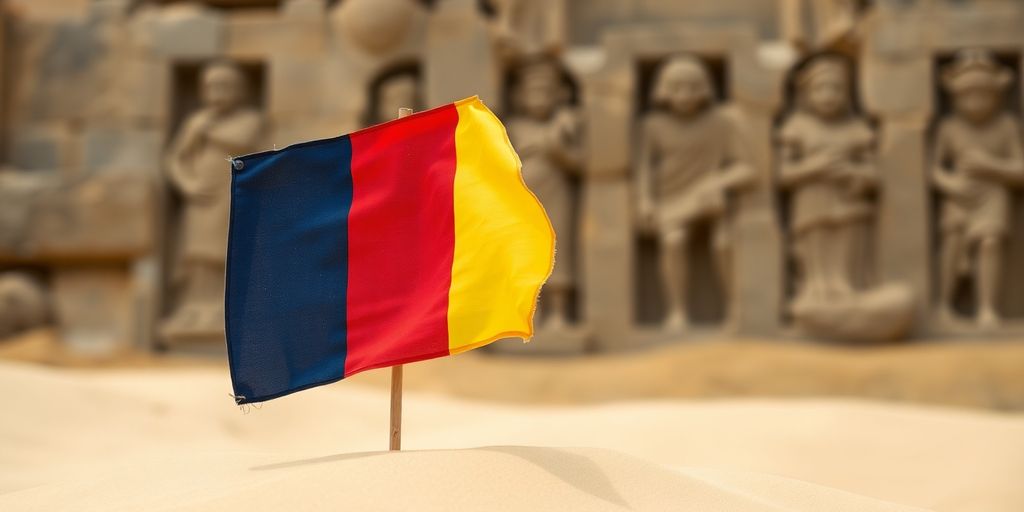Romania is currently navigating a complex political and social landscape, marked by the decline of its long-dominant Social Democratic Party (PSD), escalating concerns over disinformation, and a contentious crackdown on environmental non-governmental organizations (NGOs). Adding a unique cultural dimension, the traditional Romanian blouse has become an unexpected symbol in nationalist political discourse.
Political Shifts and the PSD’s Decline
The Social Democratic Party (PSD), a major force in Romanian politics for 35 years, appears to be facing an existential crisis. Despite its historical dominance, recent electoral setbacks and a perceived inability to adapt to changing political realities suggest a party struggling for relevance. Internal discussions reveal a reluctance to take on the "dirty work" of government, preferring to let other parties bear the brunt of difficult reforms.
- The PSD lost the presidential election twice in six months in 2024 and 2025.
- Opinion polls indicate a significant drop in support, placing them on par with the National Liberal Party and well behind the nationalist AUR party.
- Former Prime Minister Marcel Ciolacu’s leadership is seen as having contributed to the party’s current predicament.
Disinformation and Freedom of Expression
Concerns are mounting over the Romanian state’s approach to combating disinformation. Human rights organization APADOR-CH has urged President Nicușor Dan to clarify the government’s policy, fearing that measures to counter false information could infringe upon freedom of expression.
- APADOR-CH questioned how "disinformation" and "fake news" will be legally defined and who will determine what qualifies as such.
- The NGO criticized the lack of transparency in assigning the Supreme Council for National Defence (CSAT) responsibilities that could impact civil liberties.
- They advocate for a broader discussion involving civil society, legal experts, and communication specialists.
Government Scrutiny of NGOs
The Romanian government is increasingly targeting critical voices from civil society, particularly environmental NGOs. The state-owned energy company Romgaz has filed a lawsuit seeking to disband Greenpeace Romania, a move seen by many as a strategic lawsuit against public participation (SLAPP).
- Romgaz, supported by the Energy Ministry, is pursuing the lawsuit after Greenpeace opposed the Neptun Deep natural gas extraction project in the Black Sea.
- Greenpeace has faced significant court costs in previous cases related to the project.
- Energy Minister Sebastian Burduja has publicly supported Romgaz’s actions and encouraged other CEOs to sue environmental NGOs, labeling it "energy patriotism."
- Accusations of environmental NGOs having ties to Russia have been made by state-affiliated media, despite Greenpeace being banned in Russia since 2023.
The Blouse as a Nationalist Symbol
In an unexpected turn, the traditional Romanian blouse, known as "ie," has become a symbol embraced by nationalist politicians. Once a source of inspiration for renowned artists and designers, it is now a prominent feature in the political branding of far-right figures.
- Diana Sosoaca, a far-right politician, frequently wears the "ie" as a central part of her public image.
- Nationalist candidates like George Simion and Calin Georgescu have also incorporated the blouse into their campaigns, associating it with national devotion and tradition.
Sources
- Romania’s main political party is dying after 35 years. Best to surrender to avoid extinction ⋆ Universul.net, Universul.net.
- Human rights NGO urges Romanian president Nicușor Dan to clarify disinformation policy and protect free
speech, Romania Insider. - Romania takes aim at environmental NGOs – DW – 06/10/2025, DW.
- How an Iconic Blouse Became the Center of a Political Tussle in Romania, The New York Times.






